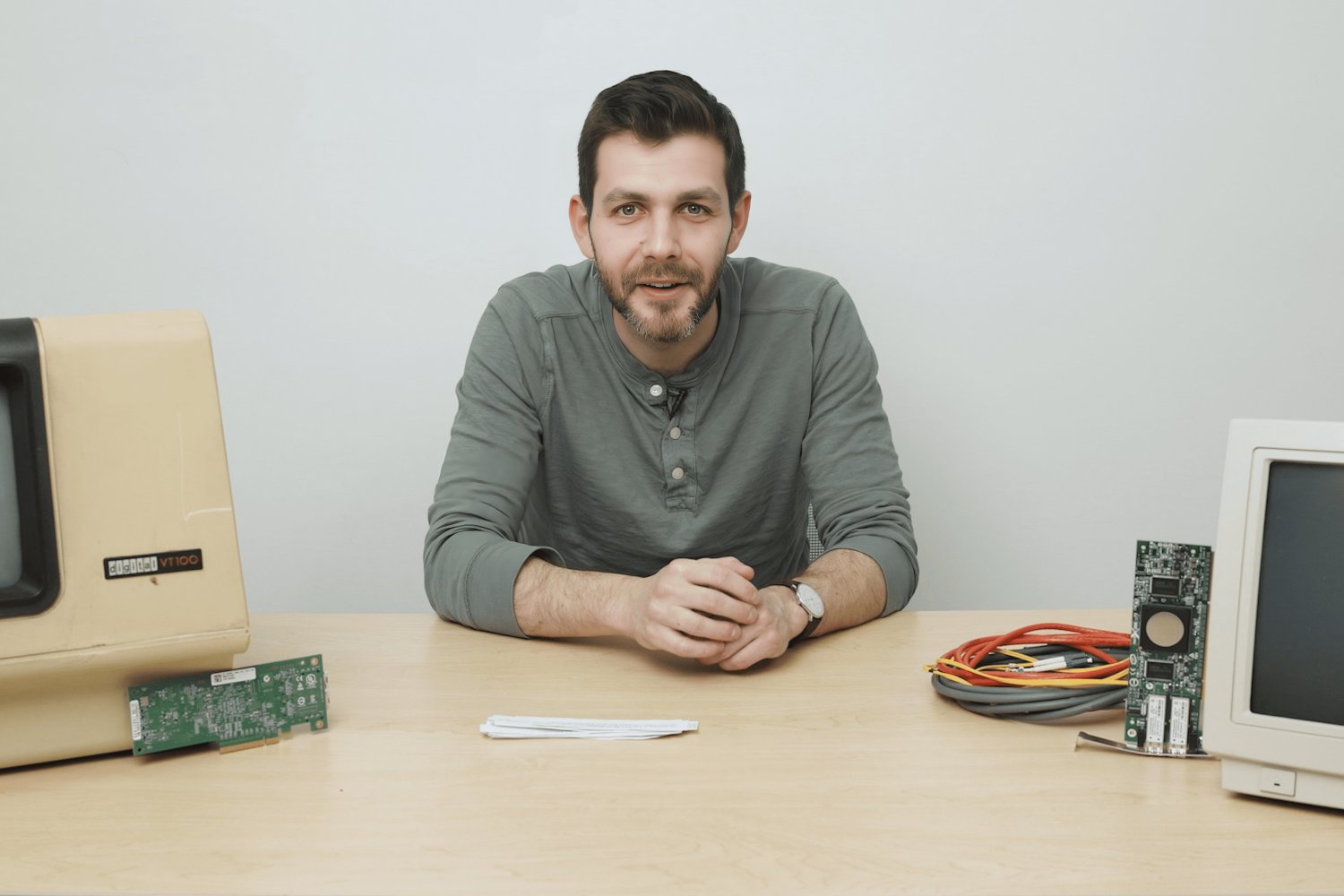One reason why deep studying exploded during the last decade was once the provision of programming languages that might automate the mathematics — college-level calculus — this is had to teach every new fashion. Neural networks are skilled via tuning their parameters to take a look at to maximise a rating that may be abruptly calculated for coaching information. The equations used to regulate the parameters in every tuning step was once derived painstakingly via hand. Deep studying platforms use a technique referred to as computerized differentiation to calculate the changes routinely. This allowed researchers to abruptly discover an enormous house of fashions, and in finding those that in point of fact labored, with no need to grasp the underlying math.
However what about issues like local weather modeling, or monetary making plans, the place the underlying situations are basically unsure? For those issues, calculus on my own isn’t sufficient — you additionally want chance idea. The “rating” is not only a deterministic serve as of the parameters. As an alternative, it is outlined via a stochastic fashion that makes random alternatives to fashion unknowns. If you happen to attempt to use deep studying platforms on those issues, they may be able to simply give the incorrect solution. To mend this downside, MIT researchers advanced ADEV, which extends computerized differentiation to deal with fashions that make random alternatives. This brings some great benefits of AI programming to a much wider elegance of issues, enabling speedy experimentation with fashions that may reason why about unsure eventualities.
Lead writer and MIT electric engineering and laptop science PhD scholar Alex Lew says he hopes other folks will probably be much less cautious of the use of probabilistic fashions now that there’s a device to routinely differentiate them. “The want to derive low-variance, independent gradient estimators via hand may end up in a belief that probabilistic fashions are trickier or extra finicky to paintings with than deterministic ones. However chance is a surprisingly useful gizmo for modeling the sector. My hope is that via offering a framework for development those estimators routinely, ADEV will make it extra horny to experiment with probabilistic fashions, most likely enabling new discoveries and advances in AI and past.”
Sasa Misailovic, an affiliate professor on the College of Illinois at Urbana-Champaign who was once now not concerned on this analysis, provides: “Because the probabilistic programming paradigm is rising to resolve more than a few issues in science and engineering, questions rise up on how we will be able to make environment friendly instrument implementations constructed on forged mathematical ideas. ADEV items this type of basis for modular and compositional probabilistic inference with derivatives. ADEV brings some great benefits of probabilistic programming — computerized math and extra scalable inference algorithms — to a much wider vary of issues the place the function isn’t just to deduce what’s most definitely true however to come to a decision what motion to take subsequent.”
Along with local weather modeling and monetary modeling, ADEV is also used for operations analysis — as an example, simulating buyer queues for name facilities to reduce anticipated wait occasions, via simulating the wait processes and comparing the standard of results — or for tuning the set of rules {that a} robotic makes use of to grab bodily items. Co-author Mathieu Huot says he’s excited to look ADEV “used as a design house for novel low-variance estimators, a key problem in probabilistic computations.”
The analysis, awarded the SIGPLAN Prominent Paper award at POPL 2023, is co-authored via Vikash Mansighka, who leads MIT’s Probabilistic Computing Mission within the Division of Mind and Cognitive Sciences and the Laptop Science and Synthetic Intelligence Laboratory, and is helping lead the MIT Quest for Intelligence, in addition to Mathieu Huot and Sam Staton, each at Oxford College. Huot provides, “ADEV offers a unified framework for reasoning in regards to the ubiquitous downside of estimating gradients unbiasedly, in a blank, chic and compositional approach.” The analysis was once supported via the Nationwide Science Basis, the DARPA Gadget Not unusual Sense program, and a philanthropic present from the Siegel Circle of relatives Basis.
“Lots of our maximum arguable choices — from local weather coverage to the tax code — boil all the way down to decision-making below uncertainty. ADEV makes it more uncomplicated to experiment with new techniques to resolve those issues, via automating one of the vital toughest math,” says Mansinghka. “For any downside that we will be able to fashion the use of a probabilistic program, we now have new, computerized techniques to song the parameters to take a look at to create results that we would like, and keep away from results that we do not.”
Supply By way of https://information.mit.edu/2023/automating-math-decision-making-under-uncertainty-0206





